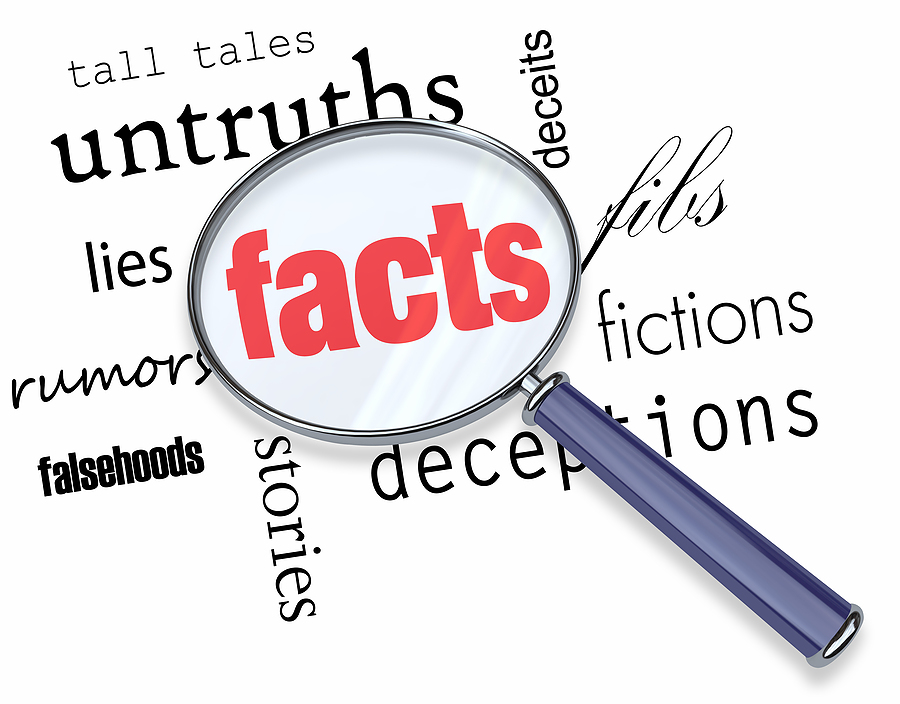Writing Workshop Notes and Prompts
Today I will teach a writing workshop in Astoria on the theme of “Veracity in Fact and Fiction.” I’ve never taught this workshop before and that newness always produces something wonderfully unexpected with participants and myself. The timeliness of the theme is obvious and I expect some of the discussion activities I have planned will elicit serious reflection. Below is the survey/questionnaire of my design that I will give the participants. They will choose their top three questions/prompts and discuss them with one another. Then they will take them somewhere with writing, either in essay, memoir, commentary, fiction, wherever.
It will be good to teach again. We have assembled a truly extraordinary group of writers and thinkers in these Astoria workshops. People come from all over the region to share and build a vital creative community. I have found my time with this group to be some of the most creatively and spiritually nourishing experiences of my life. I am thankful for these people and their embrace of me and my teaching.
Does a poem have to remain true to the facts of an experience?
Is invented truth the same as real truth in a story?
What’s the better story to tell/ The lie or the truth?
Do writers have a higher responsibility in a culture to be truthtellers?
Respond to this quote by Bob Dylan: “All the truths in the world add up to one big lie.”
Respond to this quote by E.L. Doctrow: “There is no fiction or nonfiction as we commonly understand the distinction: there is only narrative.”
Can there be multiple versions of the truth of an experience?
Why is the Flat Earth Society gaining so many new members?
Dragons or the Laws of the Universe? Which would you prefer to explore as a writer?
Can a male writer reveal the truth of a female experience?
Can a white writer reveal the truth of a person of color’s experience?
What’s the lie you keep telling yourself to keep going?
Is a myth a lie?
Do people/cultures need myths to survive?
Is omission an act of lying in a piece of writing?
Is social media responsible for more truth or more lies in our culture?
If I told you I had communicated with a coyote, would you believe me?
What is authenticity in writing?
Does the truth change under duress?
What is the art of telling the truth to a person or reader?
Why are so many eyewitness accounts of an event later found to be completely bogus?
What’s the biggest lie in America?
Why were so many people ready to embrace the the concept of fake news in America?
Do facts change over time?
True or false? A sentence composed as a lie requires more imagination and greater ability of a writer than a sentence composed as fact.
Do you traffic in rumor or act upon rumor?
What’s your personal relationship with the truth?
What kind of writer are you primarily? Fact based or liberated from factual constraints?
Can a novel be true? Can a novel lie?
Is recreating dialogue in non-fiction fake?
What’s something irrefutable in our culture?
Are weather reports a form of lying? Why do people believe weather reports?
Why did the climate change issue become a war over fact versus fiction?
What’s the greatest ongoing battle for truth in American culture?
Are dreams fact or fiction?
In ancient times, facts/truth in a story didn’t matter: telling it was the story. And if it was told well, it got passed down.
The greatest book mixing fact and fiction is the Bible.
Is telling the truth in a piece of writing more challenging an exercise than exposing a lie?
Is journalism relevant anymore?
How has the advent of the Internet changed the concepts of fact and fiction?
Who is the biggest bullshitter you have ever met?
What’s the definition of bullshit when it comes to storytelling?
Can music offer truth in a way writing cannot?
What’s the color of the truth? Color of the lie?

